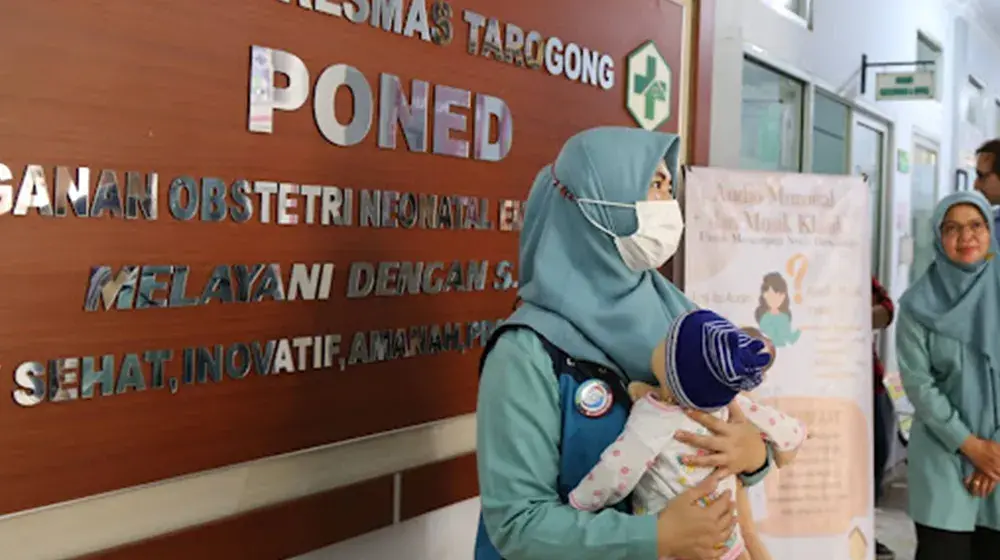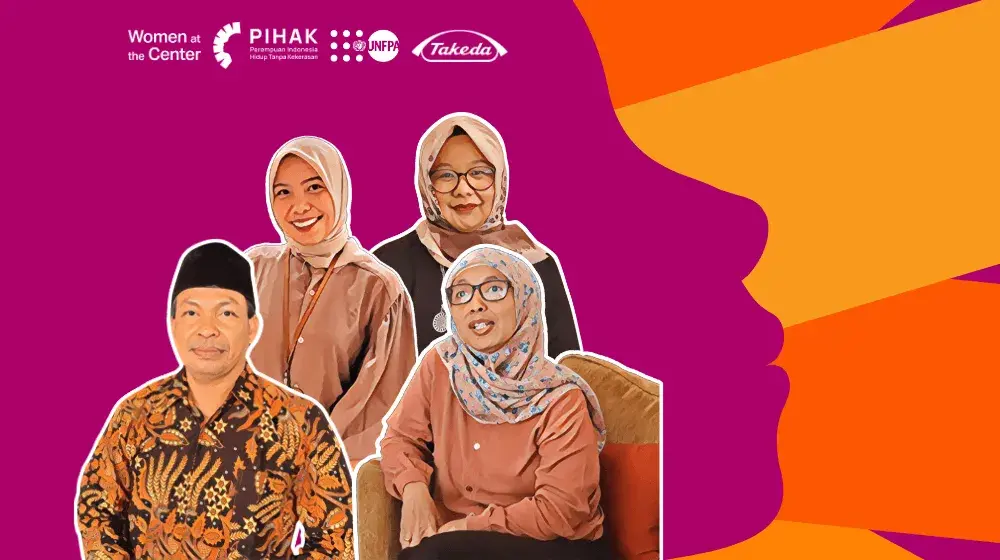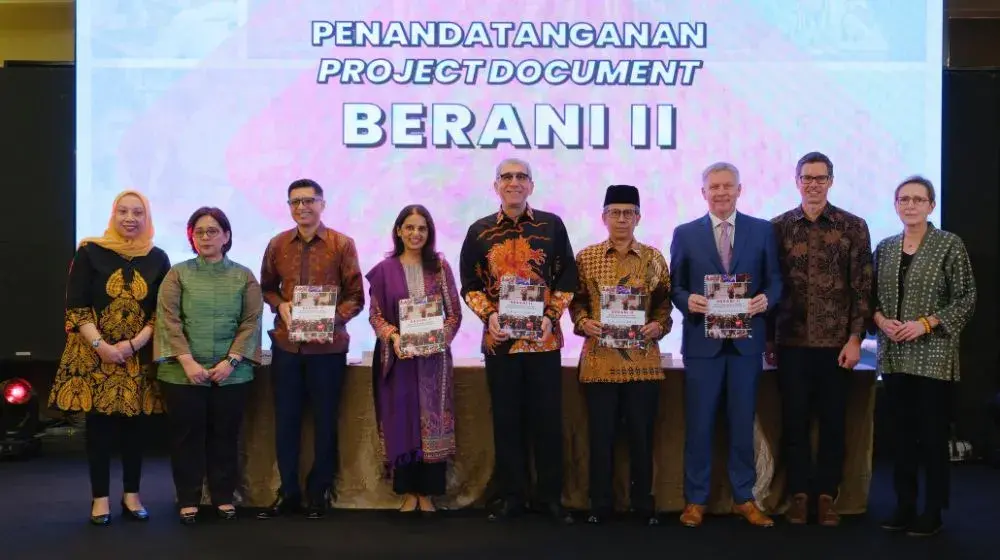For five hours on a balmy and moonlit Saturday night a packed audience was mesmerized as shadows of filigreed wayang puppets engaged in conflict and resolution, all orchestrated to the sounds of a gamelan orchestra. One of the leading characters was Cangik, a humorous mother who works as a servant at a palace.
Even though Cangik can hardly wait to have grandchildren of her own to indulge, she advises her rebellious teenage daughter about the importance of birth spacing. “Having lots of children is now not important. What is important is giving lots to your children,” Cangik tells her daughter. And the audience seemed to be in full agreement. In another scene Cangik talks about the importance of avoiding sexually transmitted infections.
Finding ways to engage individuals and communities on issues of a very personal and sensitive nature, such as sexuality and family planning, can be a challenge, and traditional media can play a vital role in shaping opinions. In Indonesia, UNFPA, the United Nations Population Fund, along with the National Family Planning Board, is using the popularity and power of wayang as a way to get people thinking about reproductive health and gender dynamics.
A centuries-old art form
Wayang puppetry is a dazzling art form that has left Indonesian audiences spellbound for centuries. It transmits cultural traditions and values, and has been recognized by UNESCO as a Masterpiece of Oral and Intangible Heritage of Humanity. Today, it remains a vital theatrical form among several ethnic groups in Indonesia, especially in rural areas and among urban migrant workers.
The 2007 Indonesian Demographic and Health Survey indicated that the fertility rate in rural areas, and specifically among the rural-poor, is higher than that of their well off counterparts. The former group also experiences higher domestic violence especially violence against women and children. Since this population is also the main audience that can be reached through wayang, puppetry looked like a promising method for getting people to think about gender dynamics, reproductive health and family planning.
Training the transmitters of social values
Wayang has a good track record when it comes to bringing up new ideas and distinctions in rural Indonesia. In the 1970s and 1980s, family planning programmes became widely accepted by rural people, in part because of wayang performances. Recent wayang has been successfully employed in campaigns against illegal drugs and smoking. UNFPA and the Indonesian government hope to emulate this past success by providing training for the person behind the wayang – the puppeteers or dalang. Traditionally they have been considered as transmitters of aesthetic and moral values with the authority to bring up sensitive social and political issues.
Together with the National Family Planning Board, Sena Wangi Foundation and Pepadi, UNFPA trained 22 dalangs from 11 provinces to include messages on family planning, reproductive health, HIV and gender-based violence in their wayang performances.
During the training, with sessions lasting until late into night, the dalangs were very adept at integrating the messages with humour, drama and romance. The two-day training ended with a wayang performance, and the best dalang was given the opportunity to perform on stage. As usual, it was a packed audience on a Saturday night. Although it continued into the early morning hours, the story, music score and dalang’s wit made the audience forget time. Now and then, cheers and laughter were heard. And each time the dalang delivered messages obtained from the training, the audience nodded in agreement.
Tags: family planning, advocacy, cultural-sensitive programming, gender-based violence, reproductive health







